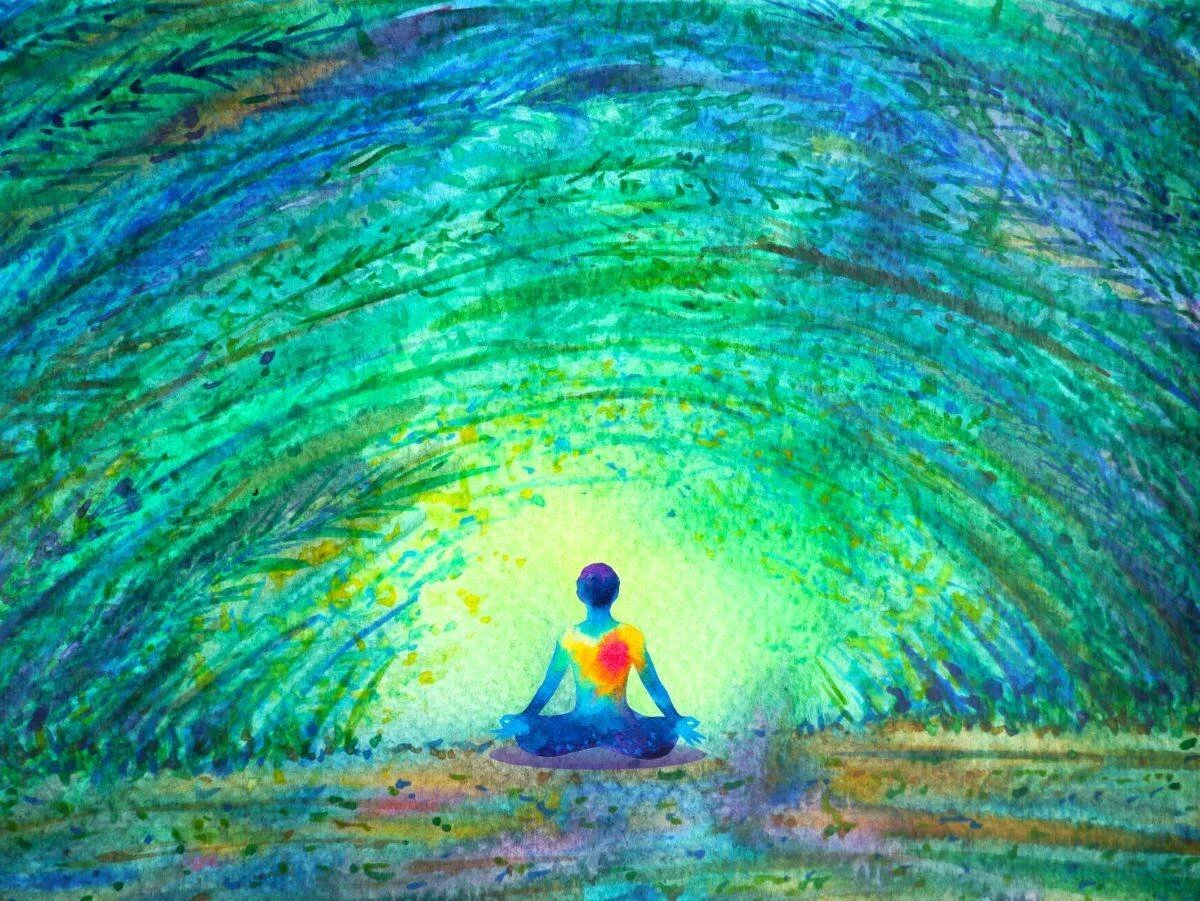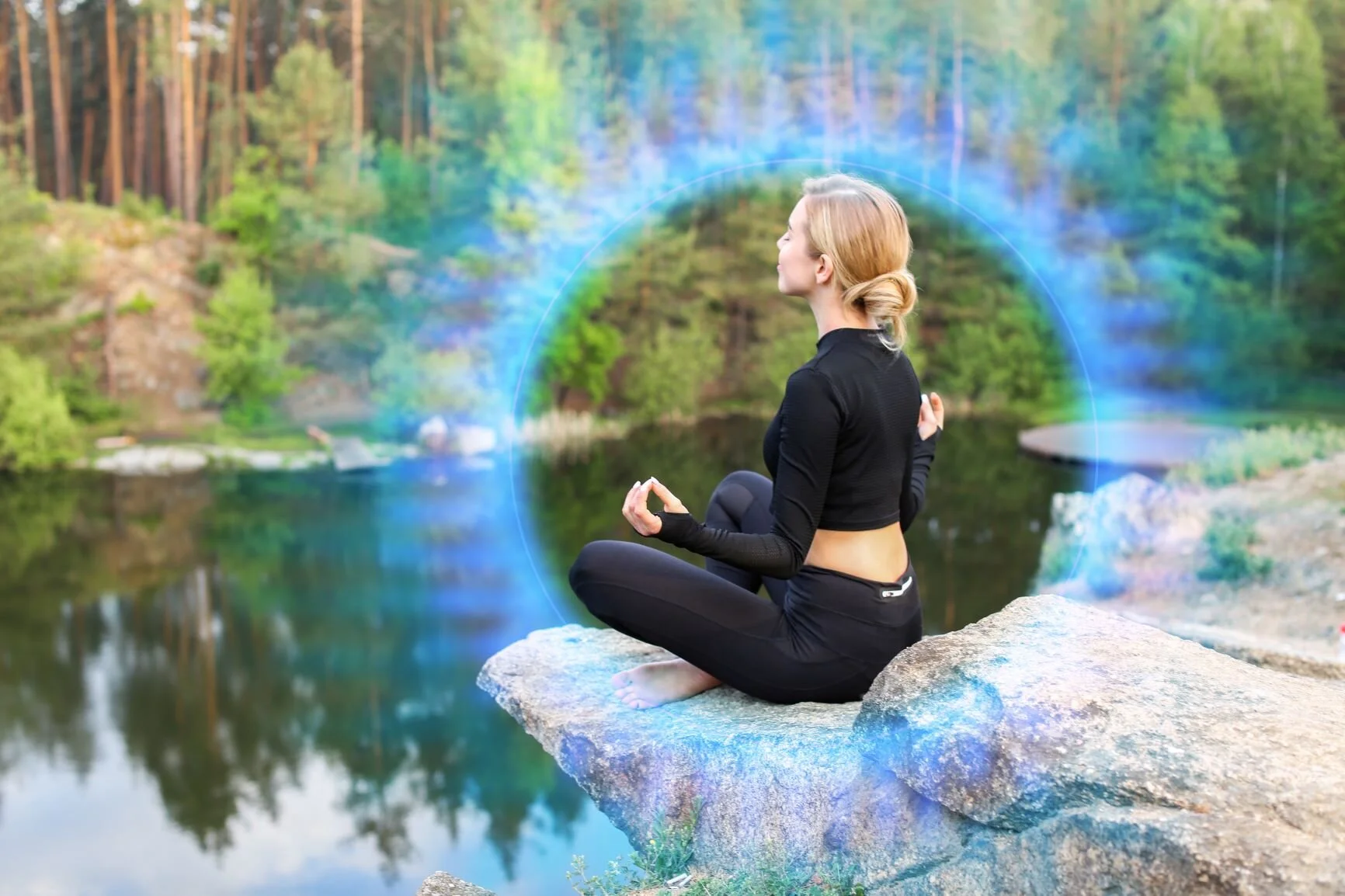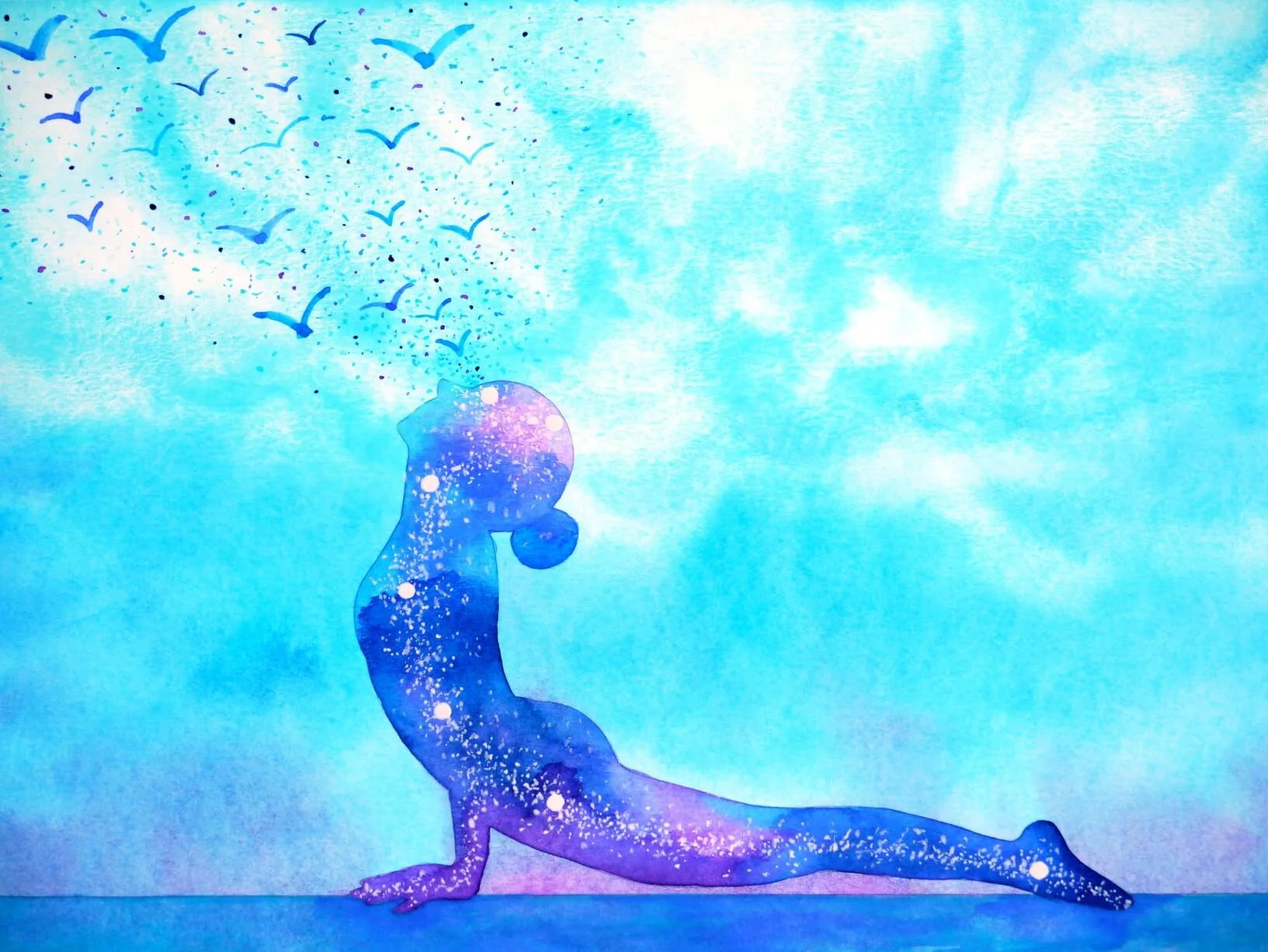You don’t have to sit still.
Nothing in this universe is ever still. Physics teaches us that everything in the universe exists as a wave: light, sound, atoms that make our body. Don’t force yourself to sit still - move if you need to. Be refreshed by the flow of energy (pranashakti) in your body.
You don’t have to make your mind blank. Or quiet your mind. Or get rid of your thoughts.
Your mind is a mystery, a brilliant network of billions of neurons working together seamlessly to allow you to experience life.
In meditation, we can allow our mind to expand into the vastness of the universe. Melt into the space where all thoughts come from. Learn to be so immersed in meditation that thoughts fade away on their own.
Do I need to be detached to meditate?
No. Detachment can be harmful for people with families, jobs, lives.
Instead, meditation can lead you to discovering that everything in the world is connected. Meditation gives you the state of fullness, where you feel in touch with your Soul and the Soul of the world. Meditation is about connection.
Do I need to suppress or kill my ego?
“Ego” is the sense of “I am”, the sense of individuality. There is no need to kill your individuality in order to meditate. Celebrate your unique self. Dare to be your unique self. Let your meditation match who you are.
No need to sit cross-legged either.
Very few people can sit cross-legged for prolonged periods of time. The rest damage their knees. Be kind to your body. Give yourself the freedom to choose the position that allows you to be comfortable and give into rest and release.












